
Lower house
Legislative output over the years
Past performance can be gauged in idiosyncratic terms
The Express Tribune has conducted a National Assembly performance review ahead of the upcoming general elections. Free and Fair Election Network (FAFEN) data and newspaper archives have been primarily employed to gauge legislative output over 2008-18. The two tenures were compared to raise awareness among voters before they elect representatives.
The 2008 general elections were conspicuous for heralding the restoration of democracy to the nation. Dominated by the Pakistan Peoples Party (PPP), Muttahida Qaumi Movement (MQM) and Awami National Party (ANP) coalition government, the 13th National Assembly green-lighted 134 bills. Of these, 116 were moved by the treasury. The remaining bills were privately sponsored.
In comparison, the 12th National Assembly (2002-07) passed 51 bills. A marked increase in legislative output, 205 bills over the 2013-18 term of the Pakistan Muslim League-Nawaz (PML-N) government, can be attributed to the strengthening of procedural democracy and democratic transfer of power. Of the aforementioned bills, 183 were sponsored by the government. The remainder was moved by private members.
While parliamentary output does not constitute the sole criterion of legislative efficiency, it is pivotal with regard to analysing government performance, public order and pressing needs.
Landmark developments (2008-12)
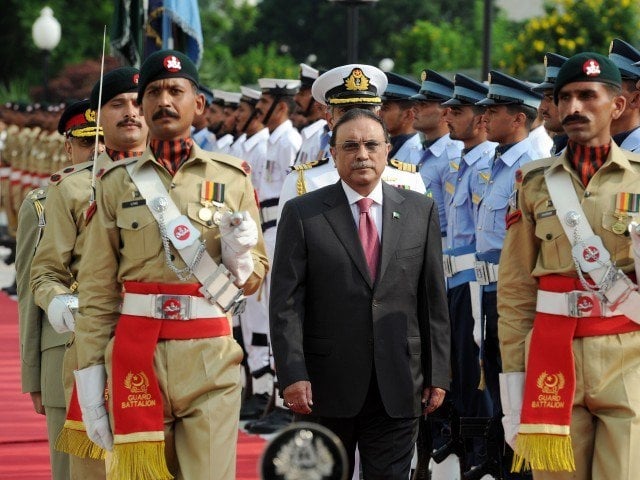
Three major amendments constituted constitutional watersheds over the PPP-led government's tenure. The 18th Amendment clipped presidential powers, effectively transforming the nation into a parliamentary republic. The 19th Amendment brought about judicial reform ranging from the establishment of Islamabad High Court (IHC) to judges' appointment through the Judicial Council of Pakistan. The 20th Amendment granted the ECP greater sway over matters pertaining to the establishment of a caretaker government and conduct of general elections.
Natural disasters
The 2005 Kashmir earthquake presented a bleak reminder of how poorly equipped the nation was when it came to dealing with natural calamities. Nationwide floods, following five years later, were emblematic of the same. In 2010, Parliament passed The Earthquake Reconstruction and Rehabilitation Authority and The National Disaster Management bills to mitigate the impact of natural disasters.
Income support
Ascending to power on manifesto pledges of greater public welfare and higher human development, the PPP steered The Benazir Income Support Programme Bill 2009 through Parliament. Hailed as a pioneering poverty-reduction initiative, programme expansion under the subsequent PML-N government is representative of its success.
Economy
While the PPP promised greater job creation and economic growth if elected, the poor shape of the national economy under the three-party coalition government is common knowledge. While six to eight per cent GDP growth rates were regularly posted in the Musharraf era, corresponding figures for 2008-13 hovered around a dismal three per cent. Below par economic performance aside, nearly 20 bills impacting the economy were passed over 2008-13.
Apart from annual Finance Act(s), institutional economic reforms were introduced. The Competition Bill 2010 reaffirmed faith in free-market principles by deferring and penalising anti-competitive behaviour.
Three years in making, the Special Economic Zone Bill 2012 was cleared to promote foreign direct investment (FDI) and stimulate local investment. In 2016, the PML-N government further amended the act to make it more business friendly by adding duty free import clauses on production machinery.
Women's rights
The Protection against Harassment at the Workplace Bill 2009 was the first initiative undertaken by any government to delineate what constituted sexual harassment and how such acts were to be prosecuted. While the legislation enjoyed wide support across the political spectrum, its presentation stoked a backlash from conservative quarters. The bill was finally passed following eleventh-hour amendments.
Separately, it took the 2009 acid attack on Shikarpur lady health worker Maria Shah to shake lawmakers into action. The Acid Control and Acid Crime Prevention Bill 2010, providing for punishments ranging from 14 years to life imprisonment in addition to a Rs1 million fine, was passed by the National Assembly in 2011.
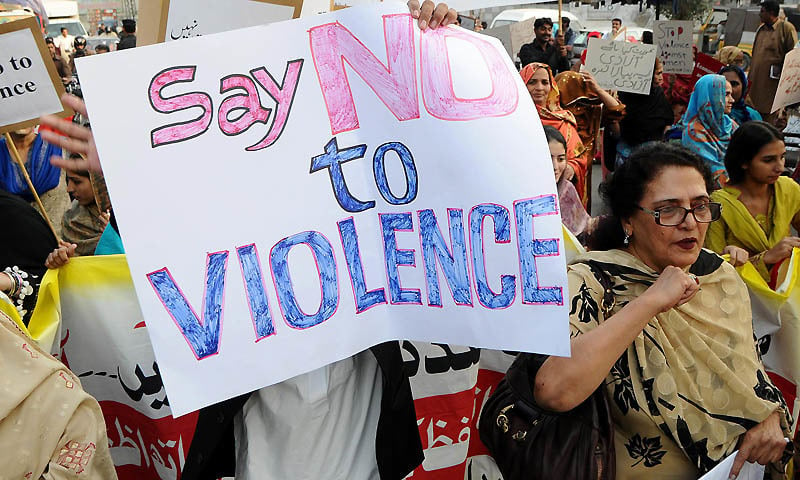
Landmark developments (2013-18)
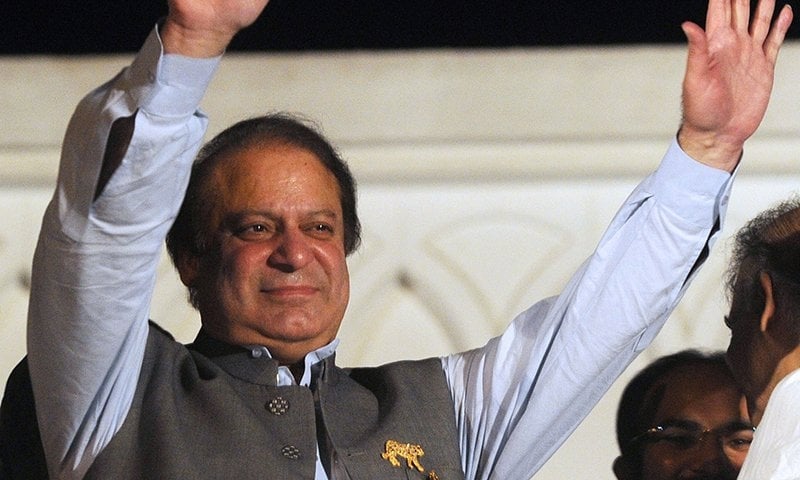
The 14th National Assembly, constituted in the wake of the first democratic transfer of power in national history, passed 205 bills.
Despite commanding a comfortable majority, PML-N lawmakers sponsored 53 bills. MNAs affiliated with the MQM, in contrast, introduced most at 75. PPP lawmakers sponsored 33 and PTI MNAs 26. Another nine bills were moved jointly by lawmakers from two or more political parties.
Through Finance Acts, the government raised parliamentarian's daily allowance by 71%. Accordingly, the ordinary and special daily allowances were raised from Rs1,750 to 3,000 and Rs2,800 to 4,800 respectively. The figures are congruent with allowances offered to grade-22 bureaucrats. The upward revisions were never debated at any stage of budget scrutiny.
In 2017, the government quietly amended the definition of public debt through the Finance Act, immediately understating numbers by a whopping Rs2 trillion. According to a new clause, "total debt of the government is public debt less accumulated deposits of the federal and provincial governments with the banking system".
Through an amendment in the Members of Parliament Act of 1974, the government extended the 'free' air travel perk across all domestic airlines. Earlier, MNAs were only entitled to avail a number of free Pakistan International Airlines (PIA) tickets.
Legislation providing for alternate dispute mechanisms, speedy trials, witness protection compensation, litigation costs and publication of federal laws were also passed by the National Assembly. Many were premised on national security, with myriad Pakistan Army acts allowing the force to 'tackle' terrorism. The 21st Amendment, enacted in the aftermath of the 2014 Peshawar carnage, constituted military courts to try terrorism suspects.
The 14th assembly also introduced electoral reform with a number of bills and amendments being passed on this account. Many hailed the root-and-branch-shake-up providing for greater transparency in poll conduct among other initiatives.
A number of bills and amendments were also passed on local government elections, old electoral laws and consolidation of eight old laws into a new law. The National Assembly also voted in favour of a constitutional amendment to merge the Federally Administered Tribal Areas (FATA) with Khyber-Pakhtunkhwa (K-P). All major political parties supported the bill, with 229 lawmakers voting in favour and only one against. The amendment, which required the support of 228 members, was passed after five hours of discussion.
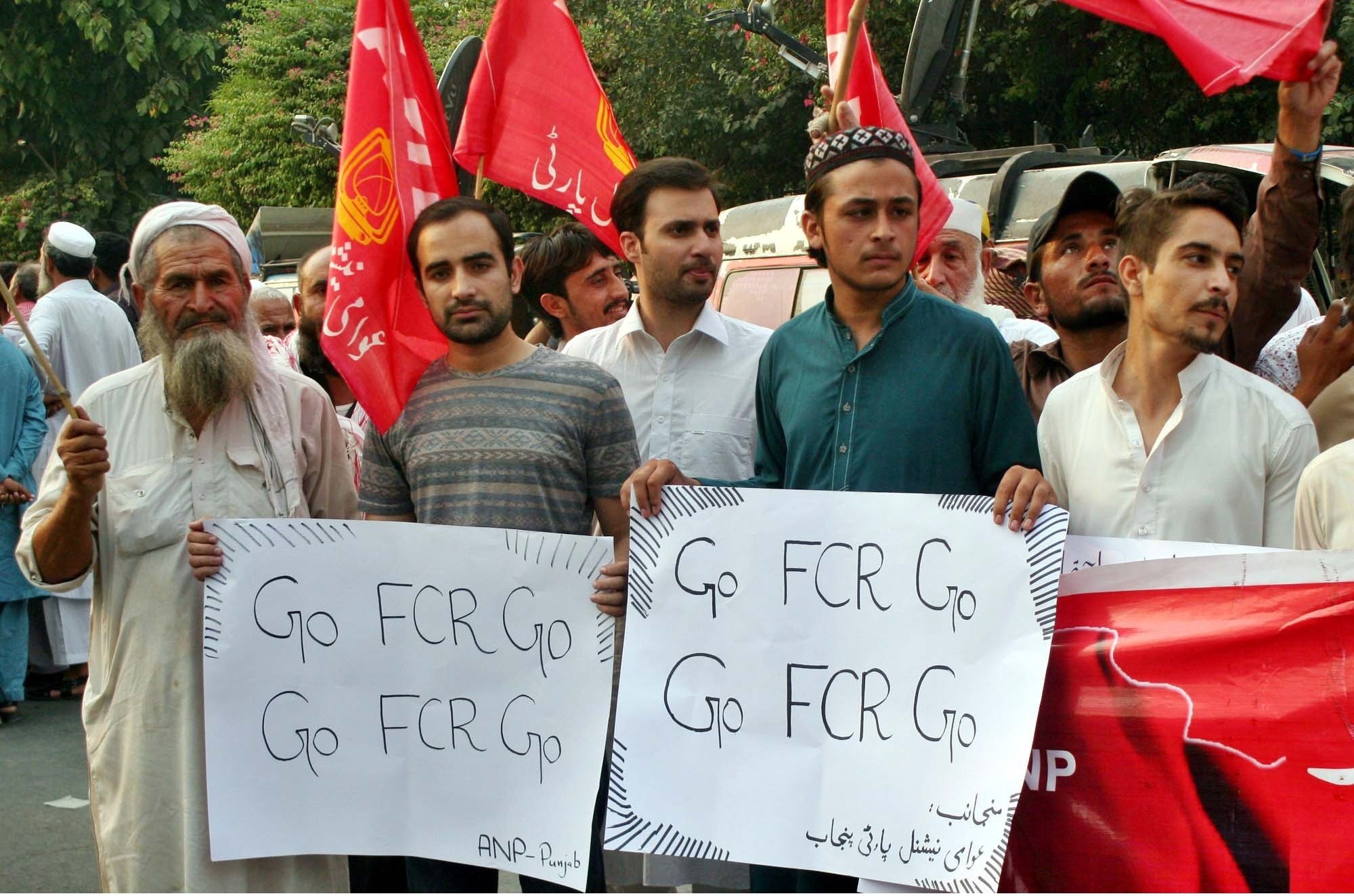
The landmark passage of the Transgender Persons (Protection of Rights) Bill 2018 with an overwhelming majority was praised as a milestone when it comes to "protection, relief and rehabilitation of rights" for a disfranchised gender minority marginalised for decades. The bill was presented in the National Assembly by the PPP's Naveed Qamar and enjoyed unflinching support of Senators Farhatullah Babar, Rubina Khalid and Karim Khwaja. Salient features included the provision of identification documents, suffrage, protection against discrimination, equal employment opportunities across public sector, right to inherit property besides criminalising a host of offences.
Other landmark legislation passed included the much-publicised Right of Access to Information and Cybercrime bills.
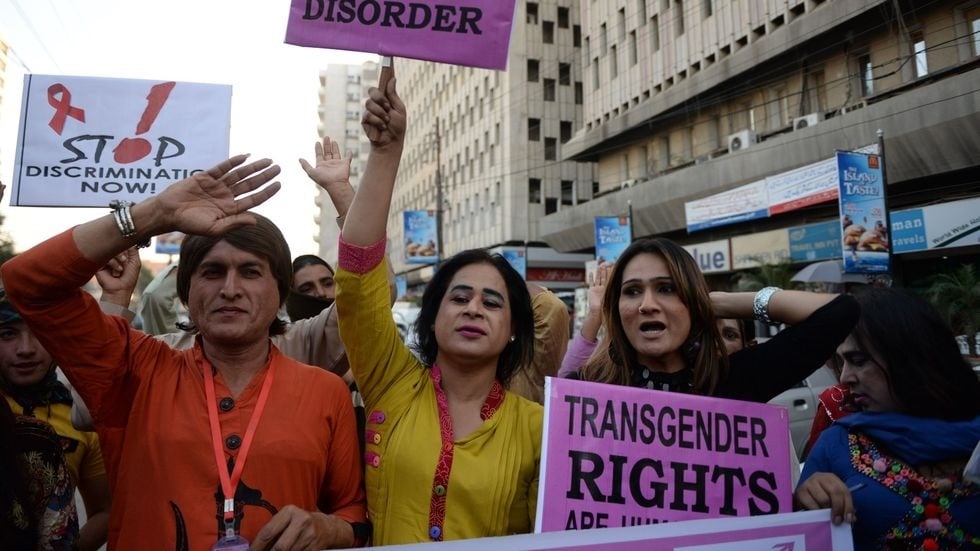
Resolutions
Contemporary democratisation of the Pakistani state has forced the 'establishment' to foster a culture of governance wherein the legislature stands bypassed as the executive 'deals' with economic, foreign policy and security challenges, it is often claimed. Pertinent government departments not presenting a single report before MNAs on progress pertaining to the 209 resolutions adopted by the 14th National Assembly sustain the contention. In hindsight, resolutions adopted by the lower house achieved little barring a collective view on issues of general interest.
464 resolutions on matters of local, national and international importance were moved during the tenure of the 14th National Assembly, according to Free and Fair Election Network (FAFEN). Of these, the lower house adopted 209 (45%). No vote took place on 251 (54%). The remaining four (1%) were rejected. Startlingly, 232 of the 251 (92%) resolutions on which no vote took place were not read out on the floor of the house. Of adopted resolutions, 44 (21%) were sponsored by government lawmakers, 87 (42%) were moved by private members and 78 (37%) were jointly moved.
In comparison, members of the 13th National Assembly of Pakistan tabled 243 resolutions over their five- year term. Of these, 85 (35%) were adopted. Over 150 (61%) were not taken up.
Varying priorities
The 14th National Assembly passed 25 resolutions extending life of presidential ordinances, according to FAFEN data. Most ordinances were related to anti-terror and criminal laws such as the Protection of Pakistan Ordinance 2013. Other select areas shielded by presidential orders included the economy and conduct of general elections. The house ruled to extend life of Income Tax Amendment Ordinance, State Life Insurance Corporation Ordinance, Special Economic Zones Amendment Ordinance, Anti-Dumping Ordinance and Countervailing Duties Ordinance. Presidential ordinances on electoral rolls and constituency delimitation were also approved. The previous assembly, on the other hand, passed only two resolutions on presidential decrees.
Over 2013-18, the lower house adopted a staggering 44 resolutions on foreign policy. A great number of these concerned incidents of unprovoked firing along the border with India and state terror in held Kashmir, developments in the occupied territories and ethnic cleansing in Myanmar. The house also expressed concern over developments in the Persian Gulf region and condemned terrorist attacks across Canada, United States, Saudi Arabia and Turkey. Three resolutions were passed in the wake of celebrated pugilist Muhammad Ali, Cuban revolutionary Fidel Castro and South Africa anti-apartheid icon Nelson Mandela's passing. A mere 11 of 85 (13%) adopted resolutions concerned foreign policy over the term of the preceding assembly.
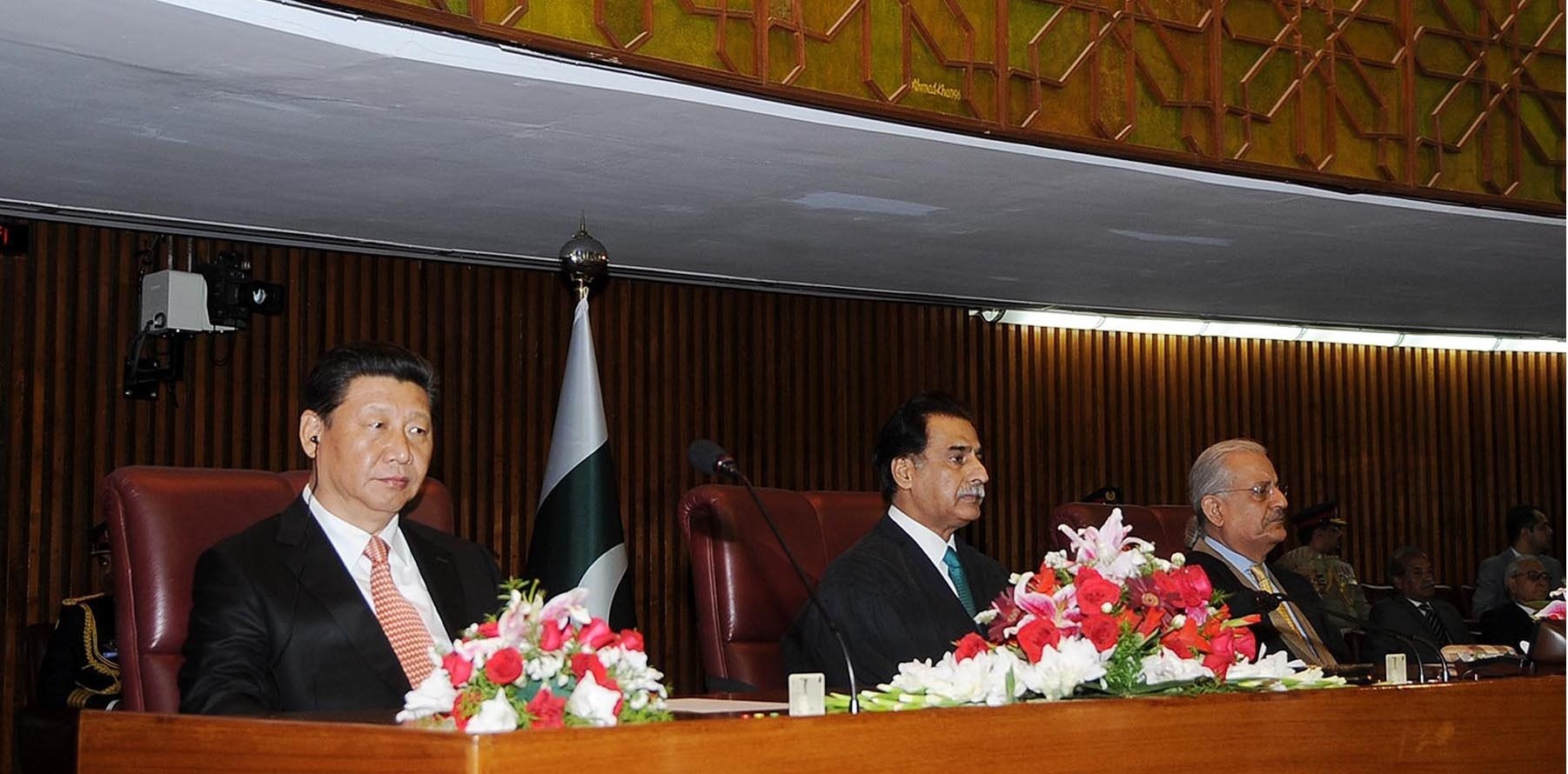
The 14th assembly passed 27 resolutions on terror. Most condemned terrorist attacks nationwide, extended pertinent presidential ordinances and pledged support to military operations in the tribal areas. The previous assembly, in contrast, approved 11 resolutions on terror.
Religious affairs present another interesting contrast between the performance of the 13th and 14th assemblies on account of resolutions adopted. Over a dozen resolutions on religious matters were passed by the lower house over 2013-18. Recommendations on the promotion of religious harmony, changes to Hajj and Umrah policies, regulations on seminaries and formulation of legislation in line with Council of Islamic Ideology directives were passed. The 13th National Assembly, on the other hand, approved four.
In economic matters, the 14th National Assembly approved extensions to myriad presidential ordinances. Apart from two resolutions demanding an end to indirect taxation, most focused on the energy shortfall, corruption, mismanagement in state institutions, prices of petroleum products and pension woes of government employees. In comparison, only two presidential ordinances were extended over 2008-13. The 13th National Assembly largely left economic matters to the executive with only a sprinkling of resolutions being passed on the subject.
The 14th National Assembly adopted 13 resolutions on rights issues. A number of these resolutions concerned women, including a proposal to establish dedicated women-only university across every district nationwide. The lower house also condemned attacks on women and voted in favour of motions moved to secure minority and children's rights. The previous assembly, on the other hand, adopted 19 resolutions on rights issues.
Lawmakers' performance

One short of 200 lawmakers (58%) sponsored resolutions over 2013-18. The corresponding figure for the 13th National Assembly was 178 (52%).
Pakistan Muslim League-Nawaz lawmakers constituted 81 of the 199 (41%). Pakistan Tehreek-e-Insaf MNAs made up 31 (16%). Muttahida Qaumi Movement lawmakers sponsored 27 (14%) while PPP MNAs ranked fourth, moving 20 (10%) motions.
Sixty of 199 (30%) were women. Of all resolutions moved by PML-N lawmakers, 31 (38%) were sponsored by women. PPP women MNAs sponsored 11 (55%) of all resolutions moved by the party.
In the 13th National Assembly, PPP MNAs constituted 48 of 178 (27%) legislators who moved resolutions in the lower house. PML-N lawmakers ranked second, with 64 (36%). MQM MNAs moved 20 (11%).
Women lawmakers tabled 55 of 178 (31%) resolutions moved over 2008-13. In a lower house where women traditionally happen to be underrepresented, the figures are a testament to the vibrant role essayed by female lawmakers on legislation.
Cracking data
A cursory examination of the resolutions adopted by the 13th and 14th assemblies points towards a concerted effort on part of the executive to consolidate power with the nation experiencing some semblance of democracy. While the 13th National Assembly focused on rights, education, energy and institutional reform, the succeeding house took up economic, judicial and security issues.
The legislative performance of the erstwhile PPP and PML-N governments can be gauged in idiosyncratic terms. For example, the reliance on presidential decrees to introduce legislative reform reflects the tendency of PML-N supremo Nawaz Sharif to push his agenda at the cost of bypassing legislature. For PPP chief Asif Ali Zardari, credited with being the first head of state to surrender wide-ranging presidential powers to Parliament, taking important decisions without consulting the lower house would have been tantamount to strengthening a system his very party vowed to raze. Simply put, while Sharif pursued aggressive policies to translate words into action, Zardari's much-publicised policy of reconciliation was more an exercise in democratic capacity building than honouring manifesto pledges.
Lack of quorum was another important consideration for proponents of presidential decrees over the decade. Lawmakers across both, the treasury and opposition benches regularly failed to attend assembly sessions. The presentation of any legislation was fraught with the possibility of being dropped due to members' absence.
While ruling party members could be relied upon to present themselves in Islamabad during crises, it would not be untrue to suggest party leaders seemed incapable of prevailing on them to attend proceedings otherwise. This holds true for both, the 13th and 14th National assemblies.
Constraints of coalition politics played a pivotal role in ensuring ruling party agenda stood furthered via presidential decrees over 2013-18. In the 14th National Assembly, the PML-N partnered with independents, Jamiat Ulema-e-Islam (Fazal) and smaller parties in the south-west to form a government at the center and in the province of Balochistan. Some economic reforms initiated by the PML-N leaders were enforced through presidential ordinances when coalition-wide support was unforthcoming. In the preceding PPP-led government, partners Awami National Party, MQM, and JUI-F pushed their own agendas, regularly threatening to quit. However, the PPP generally refrained from bypassing legislature.
For most of 2013-18, the Ministry of Foreign Affairs remained bereft of ministerial representation. This partly explains why myriad resolutions on international issues were taken up by the 14th National Assembly. An inspection of resolution content, however, reveals most pertained to condemnations of terrorism and incidents of unprovoked firing along the border with India. Barely carrying weight in the international arena, one can but muse whether the status of the legislature was reduced to a debating venue on external affairs. The same held true for the preceding assembly with the sole distinguishing factor being dedicated ministerial presence.
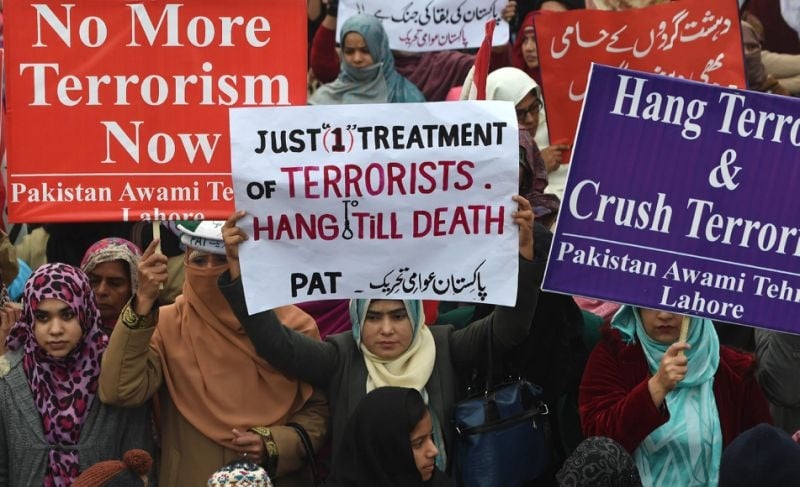
Despite terror-related incidents recording a substantial decline over the tenure of the 14th National Assembly, the lower house passed a number of unanimous resolutions on security issues. Curiously, the previous assembly did not debate the issue as frequently. Certainly some blame lies with the opposition that routinely blocked resolutions advocating use of force against militants. The same parties underwent a complete vote-face 2014 onwards.
Story: Ali Abid, Ghazi Taimoor Ahmed, Usman Kabir and Warda Imran